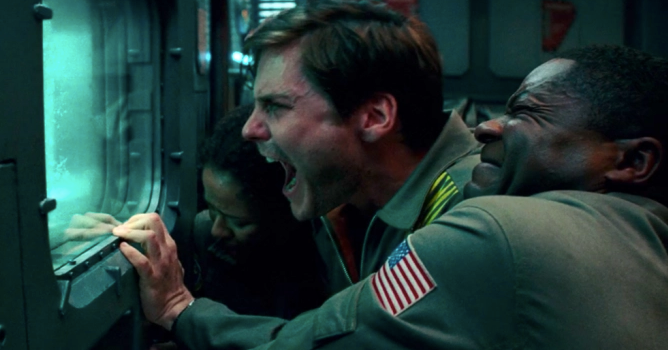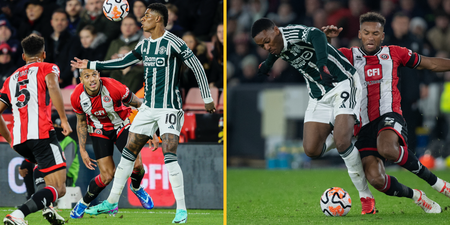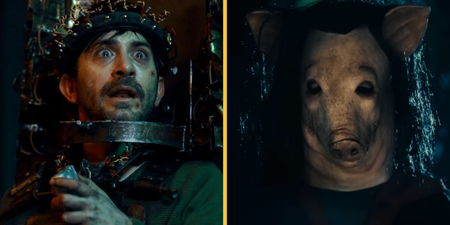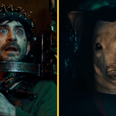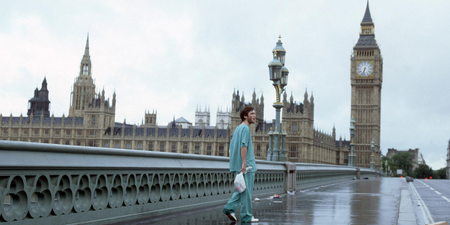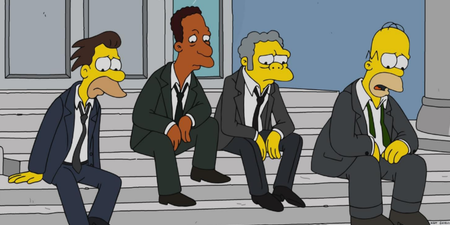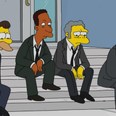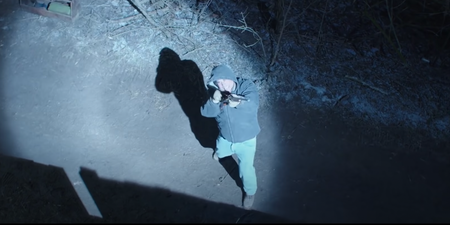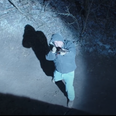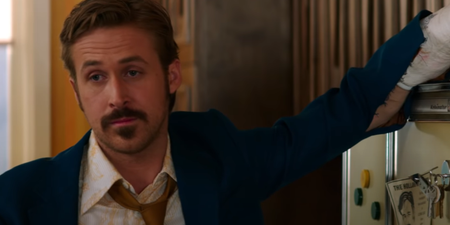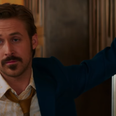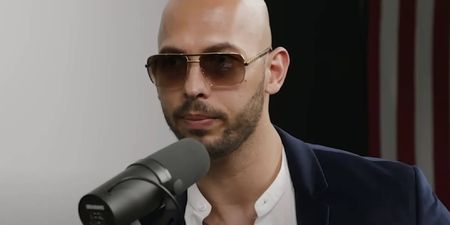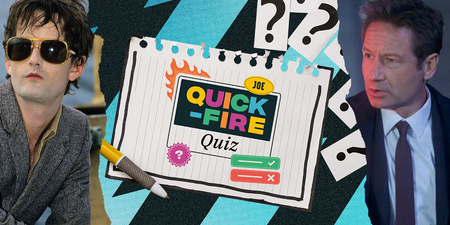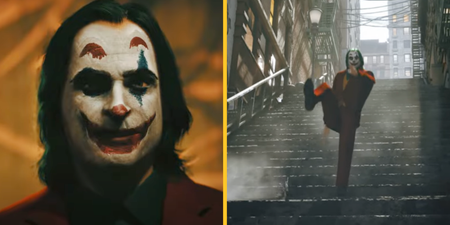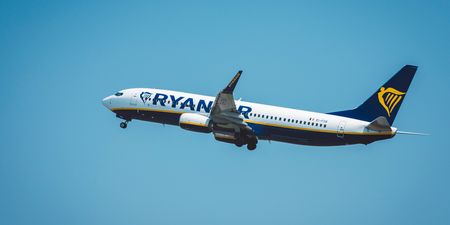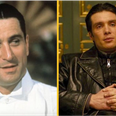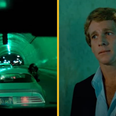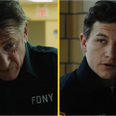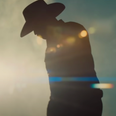It was genuinely one of the most surprising things to happen in movies in a long, long time.
Wouldn’t it be amazing if you rocked up to your local cinema, and discovered it was playing a huge blockbuster that you’d literally never heard of before? No poster, no teaser, no trailer, no mention of a title, no word of it even being production. It just arrived, fully formed and completed, for you to go into blind and enjoy without any sense of preconception or fear of spoilers or having all of the best bits already ruined by the trailer or from someone on Twitter.
Of course, that would never actually happen, because a production and/or distribution company wouldn’t risk losing out on tens and/or hundreds of millions if the word of mouth of the surprise new release never took off in the way that they hoped. (Especially if the movie is… y’know… bad.)
That is despite the fact that most movies double their total costs with the addition of promotional campaigns, i.e. if a movie cost $100 million to make, then the rule of thumb is that distribution companies will spend another $100 million on promotion and advertising. So by not promoting the movie, the filmmakers are already cutting their costs in half. If nothing else, it would be quite an interesting experiment.
However, five years ago this week, we got what is probably the closest we’ll ever get to this experiment ever actually happening. On the evening of 4 February 2018, during Super Bowl LII, a teaser trailer played for The Cloverfield Paradox, a huge sci-fi sequel to 2008’s Cloverfield and 2016’s 10 Cloverfield Lane. The movie was shot, completed, and would be available to watch on Netflix… right that very second. It was bold, it was genius, it grabbed everyone’s attention by the throat. JJ Abrams, who had assisted in subverting the movie trailer system with the first teaser for the first Cloverfield movie a decade earlier, had truly outdone himself with this one…
… except for the fact that The Cloverfield Paradox turned out to be a bad, bad movie. It scored 21% on Rotten Tomatoes, compared to 78% for the original and 90% for the first spin-off/sequel. The budget had reportedly ballooned from what was initially $5 million to an estimated $50 million, the movie was already in production when the writer discovered that the producers decided it was now going to be a part of the Cloverfield universe, and the stars of the movie didn’t know the movie’s final title or surprise Netflix release until the same day it was all announced during the Super Bowl.
Initially an original script titled God Particle by Oren Uziel (who would go on to provide the scripts for Mortal Kombat and The Lost City), the plot revolved around an international group of astronauts aboard a space station who, after using a particle accelerator to try to solve Earth’s energy crisis, must find a way home when the planet seemingly vanishes. Directed by Julius Onah (who will next be helming the fourth Captain America movie), the impressive cast list includes Daniel Brühl, Elizabeth Debicki, Aksel Hennie, Gugu Mbatha-Raw, Chris O’Dowd, John Ortiz, David Oyelowo and Zhang Ziyi.
In a similar manner to 10 Cloverfield Lane, which itself was based on a script titled The Cellar, producer JJ Abrams saw the potential for the original idea to be folded into a pre-existing franchise. This isn’t new for Hollywood – it is how most of the Die Hard sequels began their lives – but this particular consumption by the Cloverfield universe wasn’t as easy to swallow.
Uziel told Collider at the time: “We rewrote during production, but I’m not sure what it means to be part of the expanded Cloverfield universe. […] It just sort of helps to give an understanding of like, ‘Okay I understand what type of movie this is gonna be.’ As far as specifics, I don’t think there is one specific thread that makes it a Cloverfield movie, I guess.”
Even after the movie had initially finished filming, entire sections were being added and changed. Onah told The Verge that ‘the film’s Earth scenes were only built out after test viewers insisted on knowing what was happening on the planet during the story, which otherwise takes place on a space station.’
Jump forward to its release, and that buzzy excitement of the sudden release was also mixed in with some pure confusion, even by the cast. Oyelowo said that “We found out the title on that phone call, we found out there were going to be two Super Bowl trailers on that phone call, and the fact that it was going to be on that night. So those are all things that normally take place over six months, maybe a year, before a film of this nature comes out. So there was definitely something exciting about it, but also – we were all kind of on the call going ‘Yay!’ and then going ‘What? I don’t understand what just happened.'”
And then the movie landed on Netflix. The Hollywood Reporter called it a “trainwreck of a sci-fi flick bent on extending a franchise that should have died a peaceful death almost exactly one decade ago.” Deadline reviewed it thusly: “The Super Bowl trailer for Paradox gave the impression the movie would reveal the origin of the monster that appeared in the 2008 movie and was later on hinted at in the critically acclaimed 2016 follow-up – but it barely did that. Instead, it stalls the franchise as a pastiche of sci-fi cinema veiled in clever marketing.”
Even the surprise release didn’t work out, as the movie’s low quality was quickly shared on Twitter. The Cloverfield Paradox racked up five million views in its first week, compared to movies such as Red Notice, Glass Onion, Bird Box and Don’t Look Up, which regularly garner between 80 and 100 million views in their first weeks. And so, five years on, it is unlikely we’ll ever actually see that out-of-nowhere release actually happen again, and now we all know why.
The Cloverfield Paradox is available to watch on Netflix right now, while Cloverfield is available to stream on Sky/NOW, Netflix and Paramount+, and 10 Cloverfield Lane is available to rent on Google Play, Apple TV and Rakuten TV.
LISTEN: You Must Be Jokin’ with Aideen McQueen – Faith healers, Coolock craic and Gigging as Gaeilge
